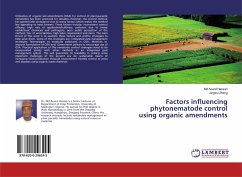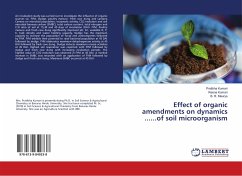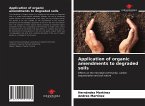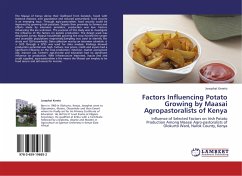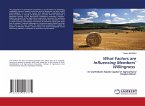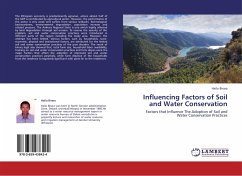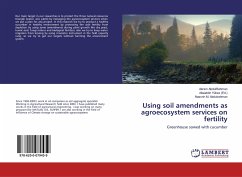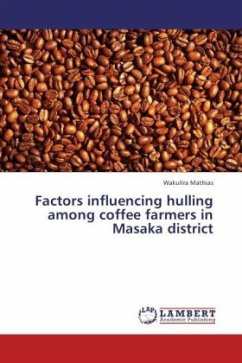Utilization of organic soil amendments (OSA) for control of plant-parasitic nematodes has been practiced for decades. However, the control method has gained little acceptance due to many factors which makes the method less appealing to most farmers. These factors include; inconsistent control efficacy, high rate of application/bulkiness, pollution due to heavy metals/toxic chemicals and pathogens, poor public perception of the method, fear of uncertainties, high labor requirement and more. The main thrust of this work is to examine these factors and proffer strategies to help solve them. Some of the strategies are: Integrated pest management strategies; Technologies to eradicate pollutants in OSA; Methods to improve formulation of OSA and; Government policies to encourage use of OSA. Practical application of this nematode control strategies need to be incorporated jointly with other methods in an integrated pest management system. This will guarantee its feasibility in solving some important challenges of the present era viz; sustainable means of increasing food production through environment friendly control of pests and diseases using organic waste materials.
Bitte wählen Sie Ihr Anliegen aus.
Rechnungen
Retourenschein anfordern
Bestellstatus
Storno

